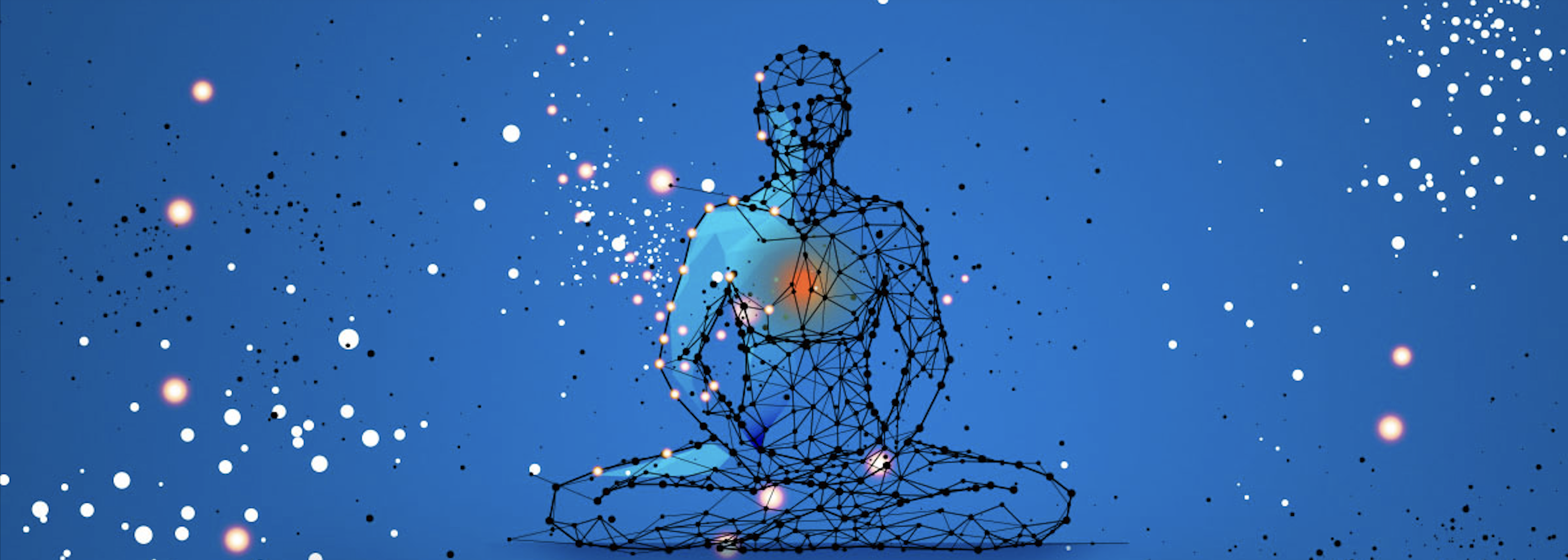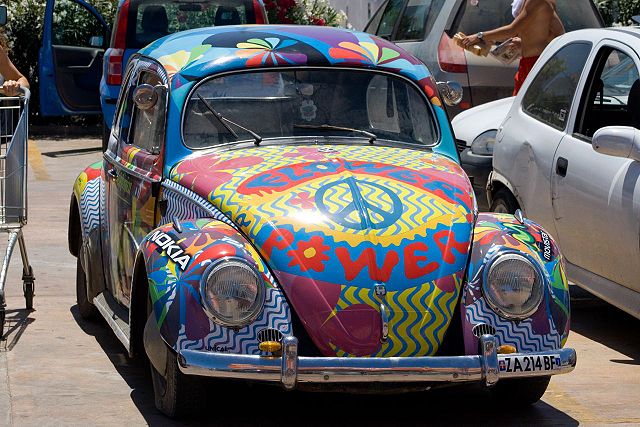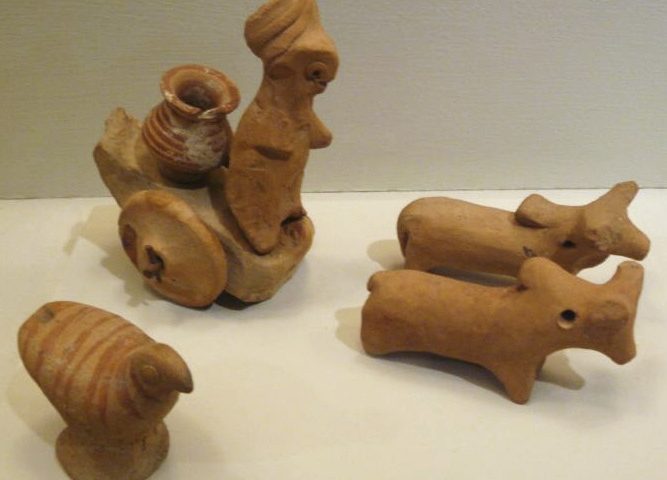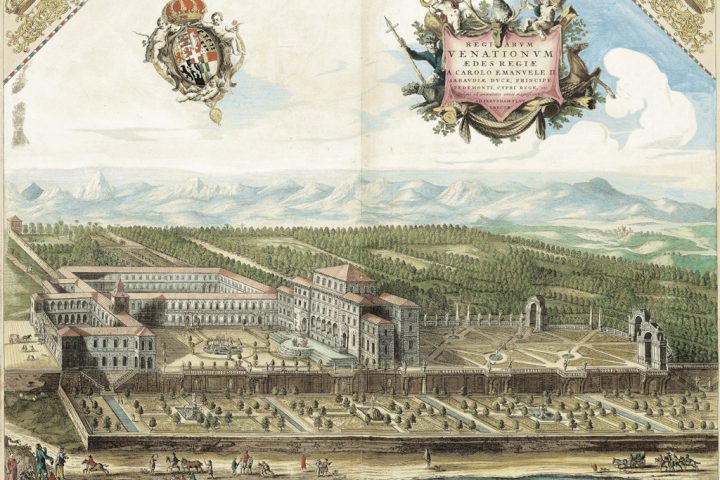What is the first thing that comes to your mind when you hear the word Hippie?
When the citizens of a nation question the government in power, it gives birth to protest.
History is full of people who revolted against the government and started a movement. We know what an impact a joined group fighting for the right cause can leave on the larger section of society. But what if the cause is right, not the way?
One such culture that is alive in the pages of history and will remain so for eternity is the Counterculture of the 1960s. Long hair, vibrant clothing, and disheveled appearance were what defined the hippie culture of “Haight Ashbury,” San Francisco.
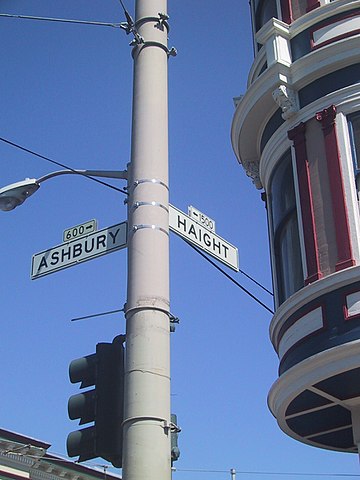
The summer of love is a time when the youth gathered around to celebrate peace and love. Most of the youths left their parents’ homes, deeply believing that amazing things will happen once they will become part of this group.
A movement that started with the intention to protest against the flawed system soon turned into a catastrophe.
The hippies created their own communities; they embraced the use of marijuana, and LSD to achieve a higher level of consciousness, they listened to psychedelic music and challenged the traditional codes of behavior related to sexuality. The culture became international as it grew in popularity and size.
However, the residents of that area did not like or trust the hippies because of their drug culture and liberal attitudes toward society. Today the word “Hippie,” is often used as a derogatory term.
But, why? What went wrong with Counterculture? Let’s have a look at a few of the major causes of the downfall of the hippies.

1. Drug fixation and the rise in criminal activities – Happenings called be-ins, or love-ins, were gatherings of hippies. It happened in many places in America. As the group focused on exploring the altered state of consciousness through drugs. They had easy access to the drug as it was available in abundance which resulted in overdosing and violent crimes, and rapes. Many kids who came in search of love and peace returned home destitute and sick.
Rothenberg Gritz, who is a former senior editor at The Atlantic, and is now a senior editor at Smithsonian magazine has mentioned in her article in The Atlantic, about her mother’s cousin Joe Samberg. He revealed the so-called radical agenda of the group and why this counterculture suffered many setbacks. One of which was Drugs. They were all under the influence of drugs and were politically ignorant.
Joe says “All they really cared about was drugs, drugs, drugs. They were nihilists and hedonists. They just supported anything that was against the establishment. There was no intellectual foundation. The spirit everyone had talked about—the feeling of love and new age and progressive politics—was dying a miserable death.”
“That was my problem with the whole thing,” says Joe. “There’s no growth for people if they’re continuously on drugs. It started out with all this higher thinking—expanding your mind to become more conscious of what’s really going on in the universe. But once the drugs took over, all of those big ideas disappeared.”

2. End of Hippie reserves – As youths were gathering from every nook & corner of the country, it affected the Ashbury district financially and physically.
By the end of 1967, the hippie hub was destroyed and abandoned by many. The unsanitary habits of the crowd resulted in the spread of disease. Hippies started leaving the hub due to a lack of money and stability.
3. Manson Murders – The atrocious Mansion murders further damaged the hippie façade. In 1969, actress Sharon Tate was brutally murdered at the command of Charles Manson. He formed a cult based in California. This incident presented a twisted image of the hippies. This added further to the disbelief residents had towards hippies, they didn’t like or trust them because of their drug culture and liberal attitude towards society.
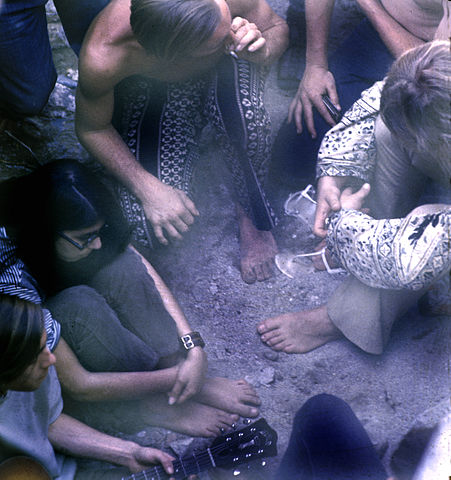
4. Termination of the Vietnam War – The Vietnam War brought together hippies. The movement reached its peak when the footage of the Vietnam war was released. As one of the ideologies of the counterculture was to promote peace, they heavily protested against the war. They strongly opposed the draft, which they felt unfairly targeted the lower and middle classes.
They were joined by many veterans and people who condemned the killings of innocent people. Soon the war reached its final stage, and so did the movement as It was the major cause for the formation of the community.
The intention with which they started the movement approached its end in the 1970s, leaving flower children without any cause for continuation. One of the principal factors for the movement was gone. Gradually group members dispersed.
